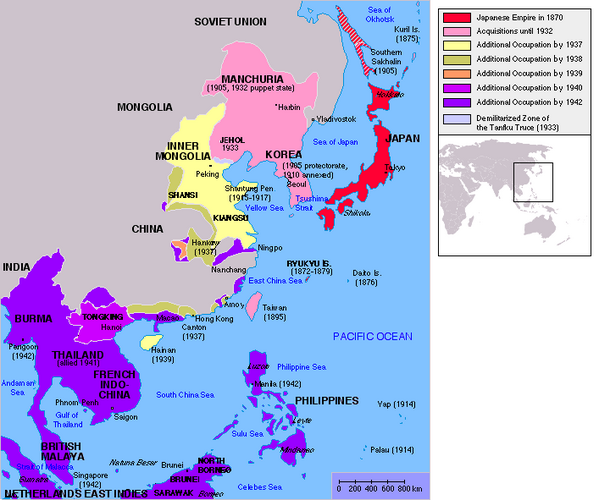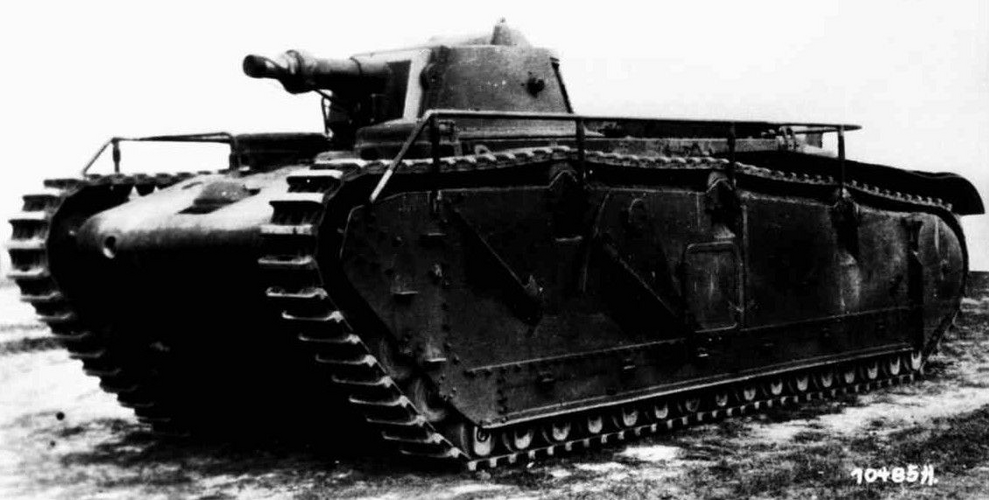- Joined
- 27 September 2006
- Messages
- 6,052
- Reaction score
- 6,153
I am going to tread carefully with this one but I think it is worth a look.
Instead of the Hitler regime from 1933 Germany is run by a conventional centrist party. The Weimar Republic survives. But its strong willed Chancellors still seek to overturn the restrictions of the Versailles Treaty on Germany's armed forces and establish an air force and rebuild the army and navy. They remain in the League of Nations and accept the collective security Locarno Agreement.
Accordingly Austria and Czechoslovakia remain independent countries. The Rhineland, however, is still an issue between Berlin and Paris.
Poland still has a military led government and Italy has Mussolini. The Soviet Union still has Stalin.
Britain is preoccupied with pressures for Indian Home Rule and the vulnerability of Hong Kong and Malaya to a Japan which still invades China. Relations with Washington are strained because of US opposition to British colonial rule. The Baldwin and Chamberlain governments try to renegotiate the various limits on Naval construction which are seen as favouring the US and Japan. The RAF focuses on colonial air policing and the Singapore garrison.
Both Berlin and Paris seek British support for their positions on the Rhineland and reparations. Chamberlain's Foreign Secretary, Eden, urges mediation by the League of Nations.
Mussolini tries to invade Abyssinia (Ethiopia) but a robust UK and French response in the Mediterranean coupled with League sanctions forces him to abandon his plans. Bad relations with Germany and Austria over the ethnic Germans in Tyrol focus Mussolini on his own backyard.
Rearmament still occurs but with a more conventional progress.
The Spanish Civil War in 1936 is won by the Soviet backed Republicans. Britain and France block Mussolini's attempts to help the Nationalists by naval policing. The International Brigades ensure that the new Republic is not a Soviet puppet. Spain becomes an uneasy but democratic neighbour.
Plenty of scope for different shaped military and civil developments.
In particular the RAF does not develop Bomber Command as a long range strike force or Fighter Command with Radar sites in southern England. Close air support of the army units in the Middle and Far East remains its main role.
The Fleet Air Arm still returns to RN control and carrier aviation receives a boost from the focus on US and Japanese build ups in the Pacific. But six new battleships (4 KG and 2 Lion) are still ordered.
Instead of the Hitler regime from 1933 Germany is run by a conventional centrist party. The Weimar Republic survives. But its strong willed Chancellors still seek to overturn the restrictions of the Versailles Treaty on Germany's armed forces and establish an air force and rebuild the army and navy. They remain in the League of Nations and accept the collective security Locarno Agreement.
Accordingly Austria and Czechoslovakia remain independent countries. The Rhineland, however, is still an issue between Berlin and Paris.
Poland still has a military led government and Italy has Mussolini. The Soviet Union still has Stalin.
Britain is preoccupied with pressures for Indian Home Rule and the vulnerability of Hong Kong and Malaya to a Japan which still invades China. Relations with Washington are strained because of US opposition to British colonial rule. The Baldwin and Chamberlain governments try to renegotiate the various limits on Naval construction which are seen as favouring the US and Japan. The RAF focuses on colonial air policing and the Singapore garrison.
Both Berlin and Paris seek British support for their positions on the Rhineland and reparations. Chamberlain's Foreign Secretary, Eden, urges mediation by the League of Nations.
Mussolini tries to invade Abyssinia (Ethiopia) but a robust UK and French response in the Mediterranean coupled with League sanctions forces him to abandon his plans. Bad relations with Germany and Austria over the ethnic Germans in Tyrol focus Mussolini on his own backyard.
Rearmament still occurs but with a more conventional progress.
The Spanish Civil War in 1936 is won by the Soviet backed Republicans. Britain and France block Mussolini's attempts to help the Nationalists by naval policing. The International Brigades ensure that the new Republic is not a Soviet puppet. Spain becomes an uneasy but democratic neighbour.
Plenty of scope for different shaped military and civil developments.
In particular the RAF does not develop Bomber Command as a long range strike force or Fighter Command with Radar sites in southern England. Close air support of the army units in the Middle and Far East remains its main role.
The Fleet Air Arm still returns to RN control and carrier aviation receives a boost from the focus on US and Japanese build ups in the Pacific. But six new battleships (4 KG and 2 Lion) are still ordered.




